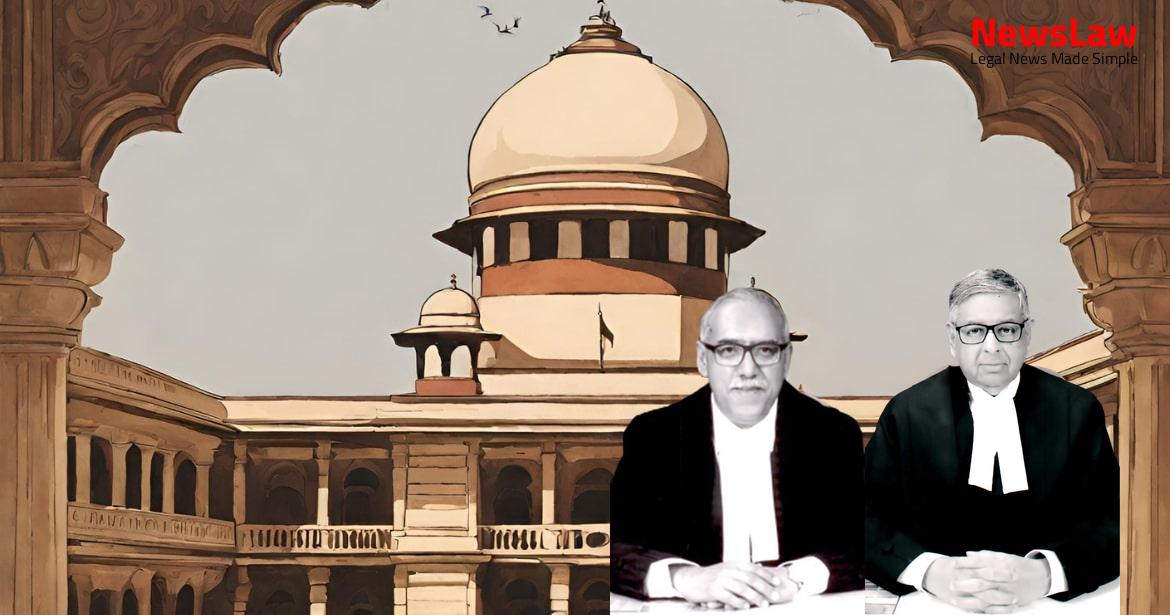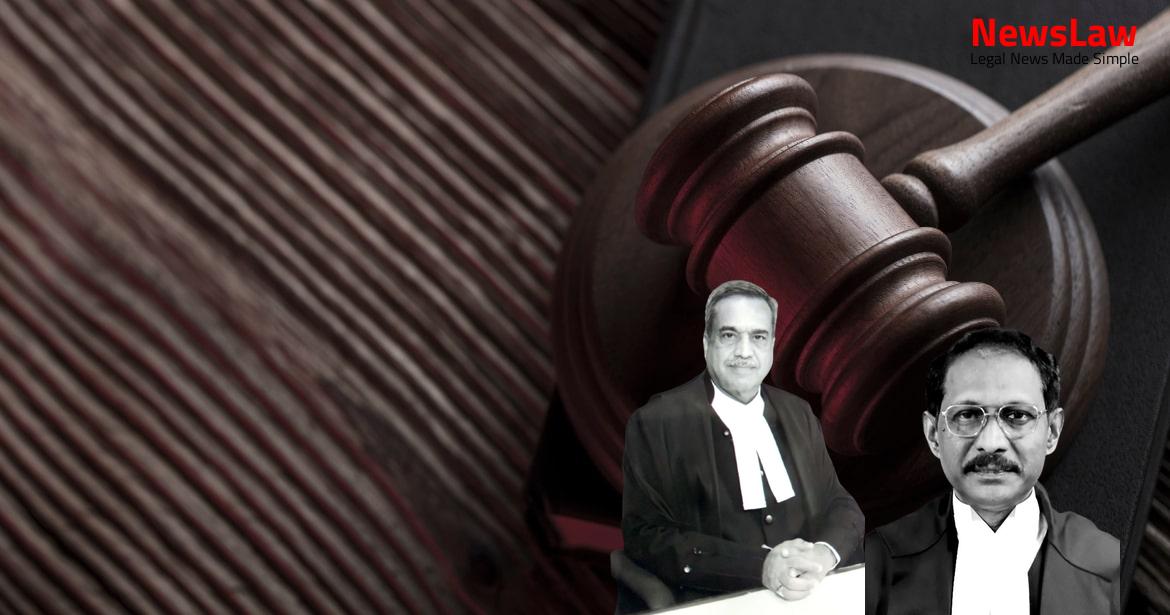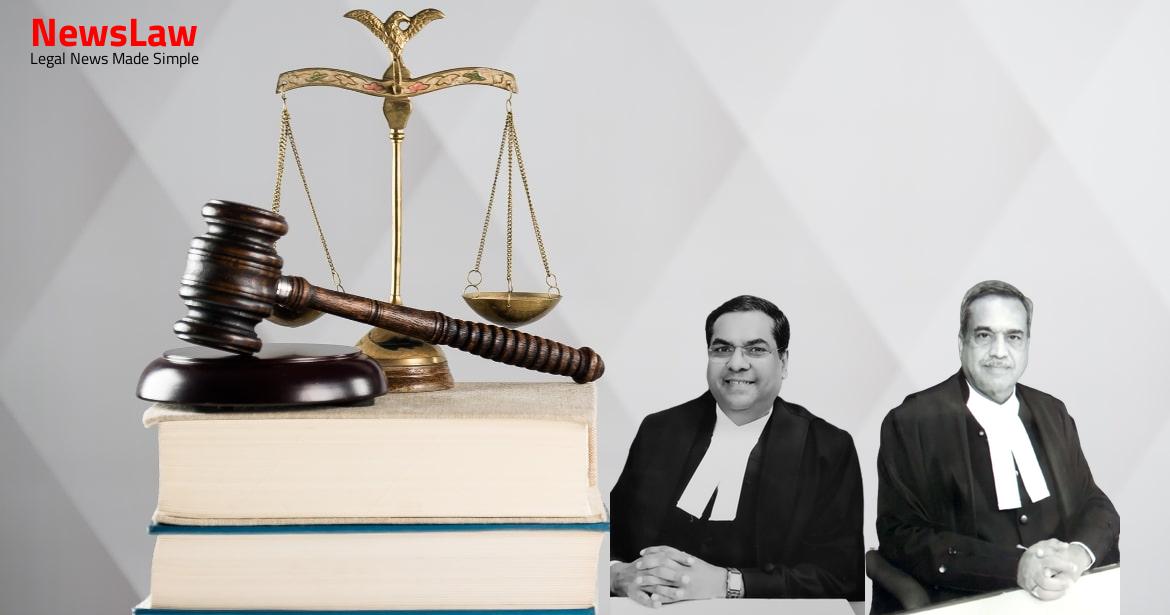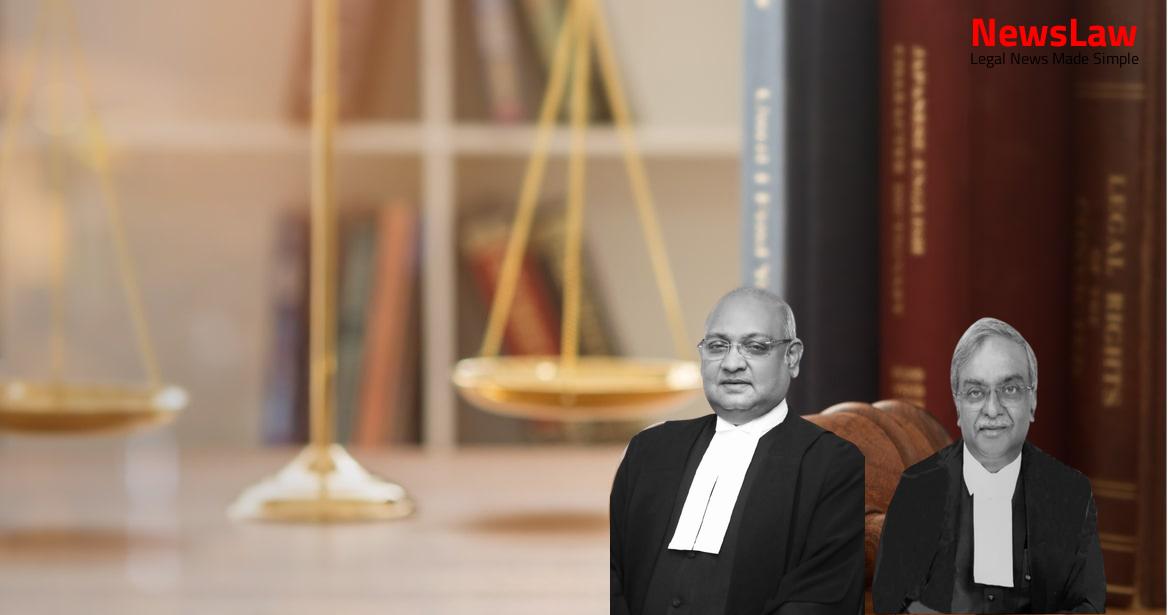A recent judgment by the Supreme Court of India has brought clarity to the legal landscape surrounding the Chhattisgarh Rent Control Act, 2011. The case involved an appeal against the Act’s provisions, particularly regarding the jurisdiction and powers of the Rent Control Tribunal. The Court’s ruling has significant implications for future cases falling under the Act’s purview. Let’s delve into the details of this landmark judgment.
Analysis
- State Legislature does not have the power to enact legislation related to jurisdiction and power of the Supreme Court.
- Parliament has exclusive powers to make laws in respect of matters in List I (Union List) of the Seventh Schedule.
- State Legislature cannot enact legislation providing an appeal directly to the Supreme Court.
- Concurrent List allows both Union and State to enact laws, but if the field is occupied by a law enacted by Parliament, the State cannot legislate on the same issue.
- Entry 46 of List III of the Seventh Schedule is relevant, granting the Tribunal appellate and supervisory jurisdiction.
- The Tribunal in question has been constituted under Article 323B of the Constitution for other matters.
- Section 13(2) of the Act providing an appeal directly to the Supreme Court is deemed illegal and beyond the State Legislature’s powers.
- The supervisory jurisdiction of the High Court should not be excluded in favor of the Supreme Court.
- The hierarchy of Courts was not adequately considered by the drafters of the Act.
- The State of Chhattisgarh enacted the Chhattisgarh Rent Control Act, 2011.
- The High Court can exercise its supervisory jurisdiction under Article 227 of the Constitution against the orders of the Rent Control Tribunal.
- The Rent Control Tribunal is a tribunal constituted under Article 323B of the Constitution.
- In the L. Chandrakumar vs. Union of India case, it was established that tribunals under Articles 323A and 323B of the Constitution are subject to the writ jurisdiction of the High Courts.
- Entry 65 of List II of the Seventh Schedule specifies the jurisdiction and powers of all courts, except the Supreme Court, with respect to matters in the list.
- The State Government has the authority to prescribe the qualifications of members of the Tribunal.
- The Registrar of the Tribunal must be appointed by the State Government and must hold a certain position.
- Once the Tribunal becomes functional, the jurisdiction of all courts, except the Supreme Court and High Court, is excluded for matters falling under the Tribunal’s jurisdiction.
- Cases pending before any court or authority before the Tribunal’s establishment will continue under the old Act.
- The Tribunal’s headquarters are in Raipur, and other hearing places can be designated by the State Government.
- Section 6 of the Act outlines the constitution of the Rent Control Tribunal by the State Government.
- An appeal against the Rent Controller’s order lies with the Rent Control Tribunal and then, as a matter of right, to the Supreme Court.
- Entry 77 of List I of the Seventh Schedule gives the Union power regarding the Supreme Court’s jurisdiction and powers.
- Clause 323B(2)(h) empowers the legislature to establish a tribunal for rent issues.
- The State has the power to constitute the Tribunal according to the law.
- The right to appeal to the Rent Control Tribunal and then to the Supreme Court against orders of the Rent Controller is provided under Section 13 of the Act.
- The Chairman of the Tribunal must be appointed in consultation with the High Court and must meet certain criteria.
- The State can appoint Rent Controllers with specified territorial jurisdiction.
- The terms of service for the Chairman and members of the Tribunal will be prescribed by the State Government.
- The appellant can approach the High Court for redressal under Article 227 of the Constitution.
- An appeal under Section 13 (2) of the Act directly to the Supreme Court is not maintainable.
Also Read: Enforcement of Foreign Award: Case of Oscar Investments Limited and RHC Holding Private Limited
Decision
- The appeal has been dismissed.
- Any pending applications have been disposed of.
- If the appellant chooses to do so, the High Court will decide the matter according to the law.
Also Read: Case of Eligibility for Disability Pension: Air Force Officer’s Retirement
Case Title: H. S. YADAV Vs. SHAKUNTALA DEVI PARAKH
Case Number: C.A. No.-005153 / 2019



